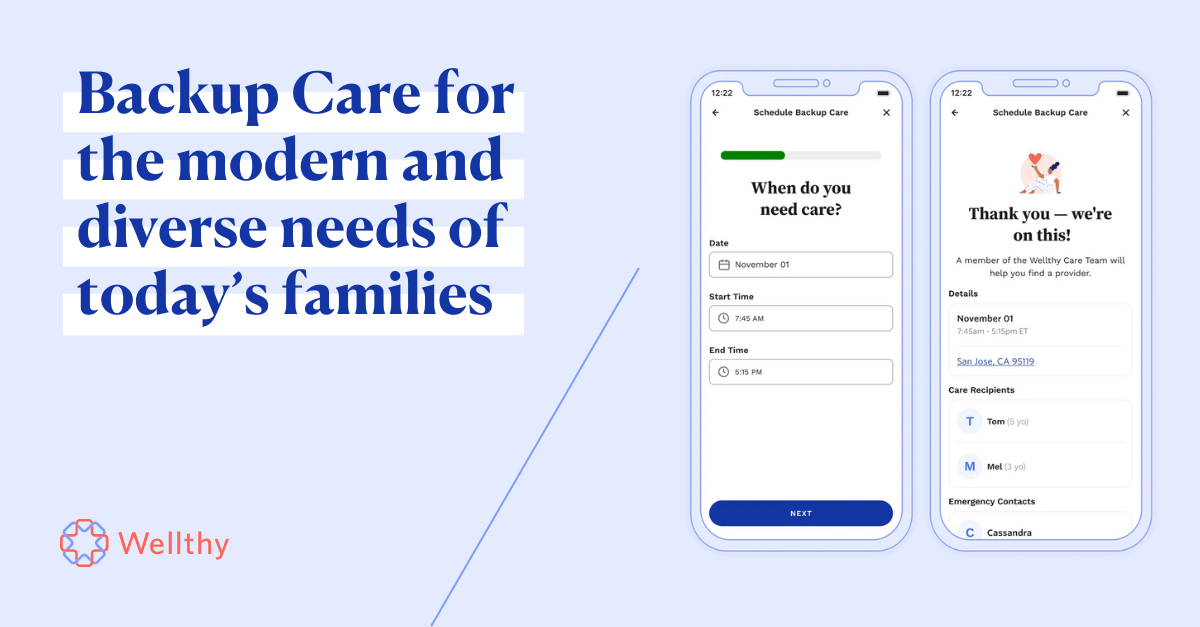No matter where you are in your caregiving journey — beginning to anticipate future needs, handling an acute situation, or managing existing care needs — having a good framework on hand will help guide your family through major care decisions.
Wellthy care experts have outlined a few areas of our Care Framework for families to consider when planning for caregiving responsibilities.
Medical
Enlist the right professionals, keep on top of appointments, and stay organized.
- Establish care with appropriate providers
- Gather and store medical records
- Keep master medication and contact list
- Set up a shared calendar and keep everyone on the same page
Financial
Get a handle of finances and existing benefits to better inform needs and priorities.
- Understand Social Security
- Understand Long-Term Care Insurance
- Evaluate health insurance options
- Identify other financial assistance through
- state-, federal-based programs or non-profits
Housing
Start by outlining preferences, care needs, and budget to identify the best-fit housing options.
- Explore housing options like independent and assisted living, nursing or group homes
- Assemble a moving support team — family, friends, professional movers and moving
- managers
- Locate short-term solutions like respite care
In-Home
With some careful planning, you can ensure your loved one remains safe in the home.
- “Fall proof” the home (handrails, lighting, etc.)
- Explore home care options (aides, helpers, etc.)
- Investigate assistive technologies
- Arrange for home assessment to evaluate larger safety modifications.
Legal
Setting up the right legal documents will take effort, but these will make tough decisions easier.
- Establish Power of Attorney
- Complete a Healthcare Power of Attorney
- Prepare a Will
- Create a Living Will, also known as Advance Directive
Social + Emotional
Make sure you and your family feel supported and stay connected.
- For loved ones faced with cognitive decline, explore memory care support programs
- Try in-person, online or phone-based support groups to connect with others in a similar
- situation
- Consider professional counseling and therapy







